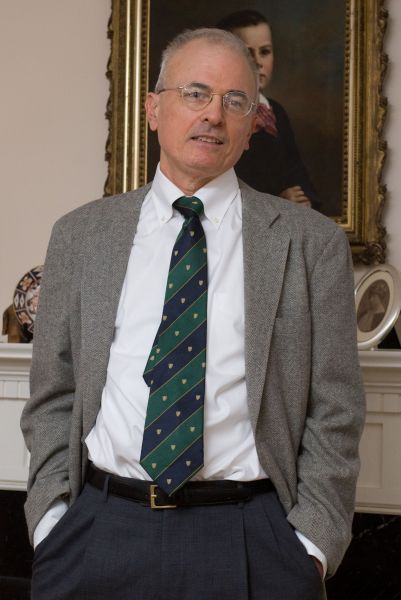About the Author
Lloyd Bowers was born in Columbus, Georgia in 1952, graduated from Furman University in 1976, and has lived in Charleston, South Carolina since 2002.
The Results of Polar Bear Research is Lloyd's first novel and was published in 2007. Lloyd's next book, Keep These in the Family, is a collection of twelve stories and was published in 2010.
"I grew up in the South," says Lloyd. "The Southern Appalachians is a sort of fixed foot in my life, and the summer-time is a great time to gravitate unpredictably in social settings."
"Freedom is a Public Utility, published 2014, developed from the discovery of a stash of old family letters, dated 1812 to 1857, mailed to my great-great-grandfather John Siegling, who emigrated from Erfurt, Germany, and settled in Charleston in 1820. That he was en route, or 'unterwegs,' for five years impressed me.
"Divide the Country! was published February, 2020. It reflects my concern about the disunity, and even partisan hatred, that plagues the U.S."


